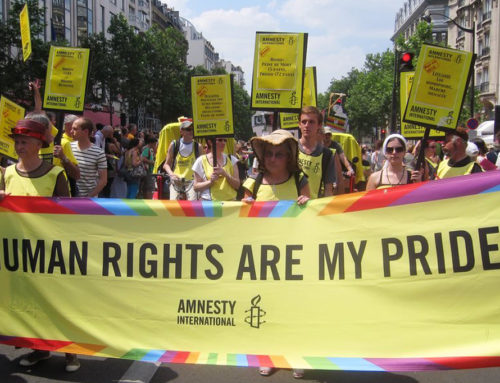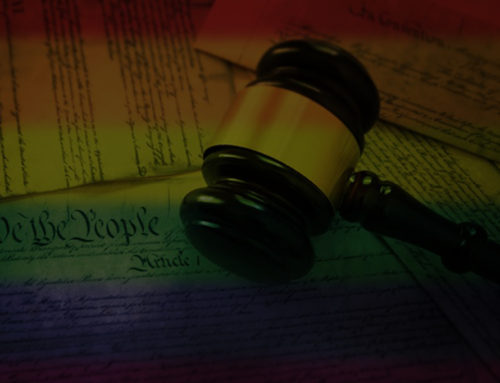In January 2020, the Governor of Tennessee Bill Lee signed a controversial bill that allows some adoption agencies to deny gay couples the right the adopt. While there were several opponents and criticisms of the bill, it became effective immediately. This permitted adoption agencies to begin discriminating against potential adoptive parents simply because they were a member of the LGTBQ community.
What is in the Bill?
The bill allows for discrimination against gay couples by giving agencies the right to decline to participate in a child’s placement if doing so would violate the agency’s written policies or religious moral convictions. In essence, if the agency has any sort of objection against a couple because of their sexual orientation, written or implied, they are allowed to not place a child with that couple even if they are otherwise determined to be acceptable parents for adoption.
The bill also prohibits the state from denying any future licenses of adoption agencies if they have chosen to discriminate against gay couples for child placements. Many adoption agencies also receive funding from the state. The bill would allow them to continue to seek state-funds, even if they have discriminatory practices. Even further, the bill forbids any civil lawsuits to be filed against any agency that declines to place a child with a couple because they are gay.
The bill was almost unanimously passed in the state senate with a vote of 20-6. Five republican members declined to cast a vote and only declared themselves as “present” when called on for their opinion. The only five democrats in the senate and one lone republican voted no on the bill.
What do Supporters of the Bill Say?
The purported purpose of the bill is to allow for greater religious freedom in the state. The bill focuses on licensed adoption agencies in Tennessee. Many agencies are religious-based in the state and have voiced concerns to the governor and state senate that they feel forced to place children in homes that they deem morally offensive or those that go against their religious beliefs because the parents are gay.
The Governor agreed with the agencies and signed the bill in the name of religious freedom and protecting the liberty of those who do not agree with gay marriage. He also noted that many faith-based agencies were already denying adoptions to gay couples and the basic functioning of the adoption process in the state was not going to change. Rather, the bill only gives legal protections to those agencies that were already denying adoptions to gay couples.
Others argue that the bill is not discriminatory at all. Instead, they claim that the bill is protecting children from going to homes that some deem morally wrong. Nothing is stopping other agencies from adopting to gay couples, however, agencies that do not want to are not forced to do so by law. The majority of those that agree with the bill are religious organizations.
What are the Criticisms of the Bill?
The main criticism of the bill is that, on its face, it is discriminatory. Discrimination is treating someone else unfairly because of specific characteristics they possess. There are protections to discrimination in both federal and state laws. Most of the laws focus on employment and housing. Some states have specific non-discrimination laws against members of the LGTBQ community. However, the issue of adoption agencies discriminating against potential parents because they are gay is a gray area in the law. Regardless, it is discrimination- even if it is not yet protected by law.
The only republican Tennessee state senator who voted no, Sen. Steve Dickerson, stated that his vote was based on bad public policy. He felt that the bill would have negative impacts on the state’s economy and financial development. For example, he cited several sporting institutions like the NFL, the NCAA, and the NHL who were considering using the state for future events. However, most of those are notably gay-friendly and would likely boycott the state after such a discriminatory law has been passed.
Some organizations are considering lawsuits to block the bill. They cite cases like the discriminatory bill in Michigan that passed the same law and allowed religious agencies to deny adoptions of children into LGTBQ homes. This bill was passed but was then struck down in court. As part of the settlement, the state was no longer allowed to give funding to any adoption agency that refused to grant adoptions to gay couples. It is possible that the new law in Tennessee will follow this same path.








